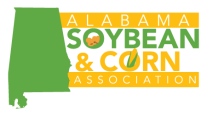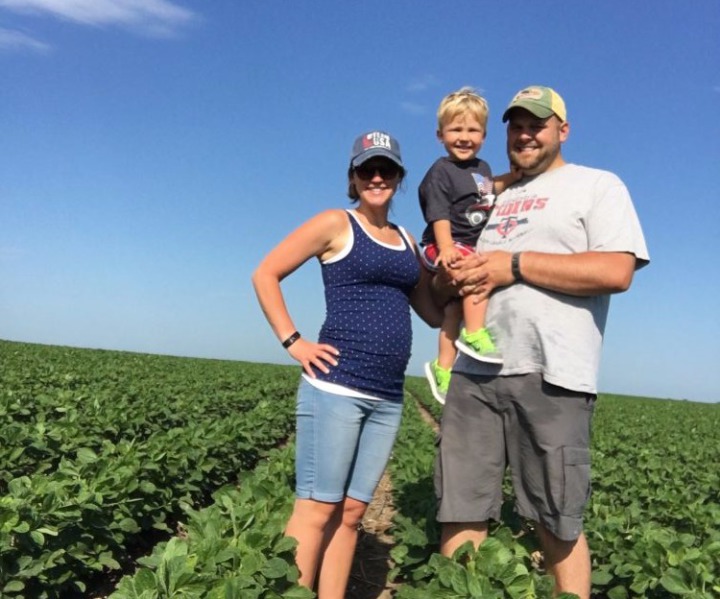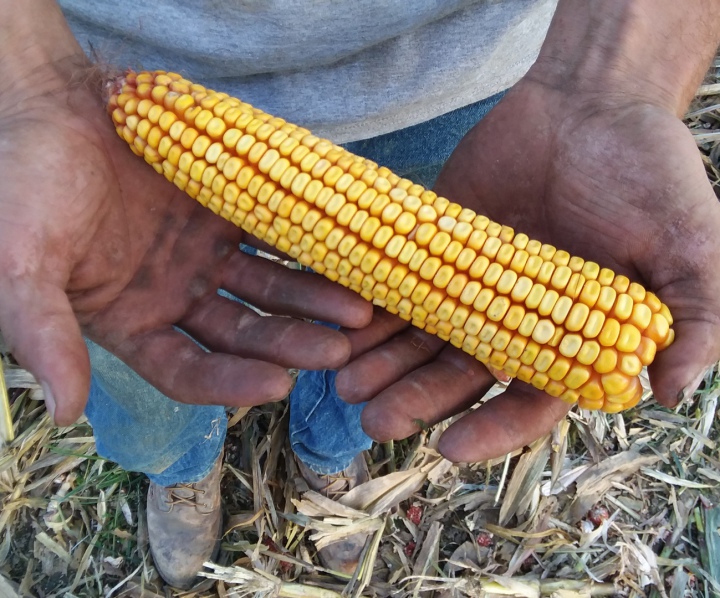As a farmer, you work from dawn to dusk. You plan. You budget. You worry. You sweat. You hope. You pray. And yet, one stroke of a pen in Washington, DC can do as much to make or break your profitability as the thousands of hours you devote to your crop each season.






